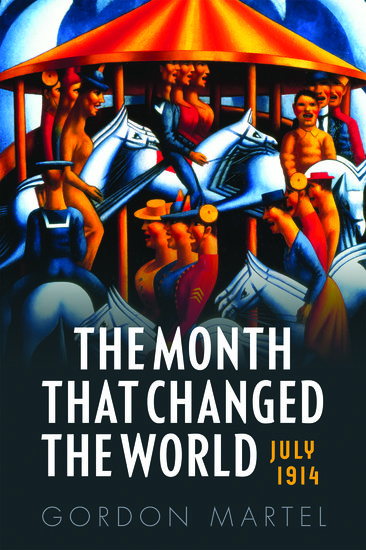Memory and the Great War
In honor of the 100th anniversary of World War I, we’re sharing an excerpt of Sir Hew Strachan’s The Oxford Illustrated History of the First World War. Get a sense of what it was like to live through this historic event and how its global effects still impact the world today.




